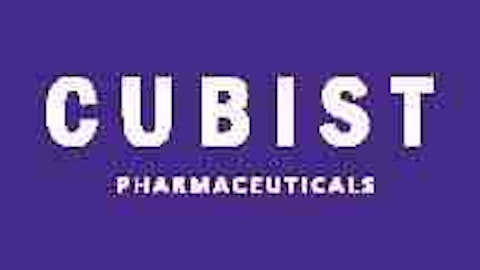
Generic medicine sales are falling
One of the biggest hits Teva Pharmaceutical Industries Ltd (ADR) (NYSE:TEVA) has taken so far this year is the sharp drop in generic sales in the U.S: Sales dropped by nearly 27% in the first quarter of 2013 compared to 2012. The generic segment accounts for 47% of the company’s revenue. In comparison, during the last quarter of 2012, the generic segment accounted for 51% of total net sales. The decline in the generic segment’s sales out of total sales is likely to persist as competition in the generic market keeps intensifying.
At least in Europe, the competition hasn’t adversely affected the company’s revenue as in both the specialty and generic segments, sales rose by 9% and 21%, respectively. But the ongoing slowdown of the European economy may eventually catch up with Teva Pharmaceutical Industries Ltd (ADR) (NYSE:TEVA) and curb its revenue growth in that region.
In 2013, the company projects to reach annual net revenue of about $10.5 billion in generic segments. Based on the first-quarter financial report, the company’s annual net sales may reach only $9.2 billion, which is 12% lower than the company’s 2013 outlook. Therefore, unless generic sales start to pick up in the coming quarters, the company won’t meet its projections.
In the meantime, Teva Pharmaceutical Industries Ltd (ADR) (NYSE:TEVA) didn’t do well in the courts: Teva, along with Sun Pharmaceutical, will pay Pfizer Inc. (NYSE:PFE) approximately $2.1 billion for settling a patent suit. Teva lost in a recent lawsuit in which it sued Mylan for infringing its patents for treating multiple sclerosis. These lost lawsuits and settlements are likely to adversely affect the company’s financials.
Specialty medicine isn’t doing well either
The situation in specialty medicine isn’t much better as Teva Pharmaceutical Industries Ltd (ADR) (NYSE:TEVA)’s net sales inched down by 0.3% in the first quarter of 2013 (year-over-year). The drop in sales is mostly related to the sharp decline in Provigil sales due to generic competition. Despite the recent drop in sales, the company’s gross income (excluding MS treatment) in the specialty medicine segment is close to other companies that are leading the way in specialty medicines. The chart below compares the gross profit margin of leading pharmaceutical companies in the past couple of quarters.

Pfizer Inc. (NYSE:PFE)’s gross profit margin is nearly 85%, which is close to Teva’s gross profitability. Merck & Co., Inc. (NYSE:MRK) profit margin is much lower at 74%.
Moreover, in the specialty medicines business segment, companies such as Merck & Co., Inc. (NYSE:MRK) and Pfizer Inc. (NYSE:PFE) haven’t done much better in terms of revenue growth in the first quarter of 2013: Pfizer’s revenue declined by 12.4%; Merck’s net sales fell by 9% (year-over-year).
Pfizer’s drop in sales was partly related to the U.S government purchase of Prevnar 13 and loss of exclusivity and near-term expiration of Aricept and Spiriva, respectively. These factors are likely to further diminish Pfizer’s revenue in the future. Merck & Co., Inc. (NYSE:MRK)’s decline in revenue was also due to patent expiry of Singulair and other treatments. This trend is also likely to continue in the coming quarters, which may pressure Merck’s stock price.
Therefore, at least in the specialty medicines segment, Teva Pharmaceutical Industries Ltd (ADR) (NYSE:TEVA)’s profit margin and revenue growth (or lack of it) isn’t much different than other leading specialty medicines companies.





